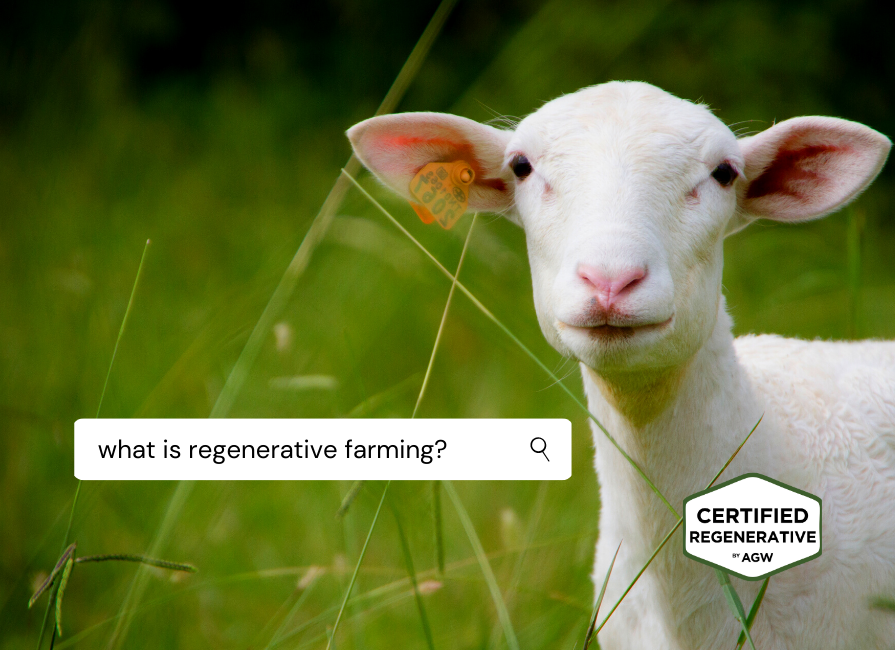Regenerative farming is our best hope for feeding ourselves without destroying the planet. But what…
Dear Mr. President…
With roughly a month to go before the election, all are busy writing wish lists to the next president–whomever that may be. There is a groundswell in the sustainable ag. community of farmers, writers, advocates, and like-minded folks who would like to see a major reassessment of our ag. policy, and believe that now is the time to tackle it. Wes Jackson, Fred Kirschenmann, Wendell Berry and others are proposing an alternative to the five-year Farm Bill: a 50-Year Land Use Plan. In the agricultural realm, five years is a woefully short time period to plan or execute anything; nature is slow, and we would do well to plan at the pace of nature rather than that of the stock market. We were fortunate to attend a meeting of the aforementioned “long-term thinkers” in Raleigh, North Carolina last month, and were asked to come up with our personal wish list–the most pressing issues for the next president’s term and those to follow. Here’s what we came up with:
To the Transition Team of 2009:
As a Member of the Coalition For the 50-Year Land Use Plan,
Speaking on behalf of the independent pasture-based family farmer, these are the most pressing and urgent issues for the next president and his successors:
1. A level playing field
Large-scale corporate farming has been made artificially profitable by externalizing its costs: environmental pollution, publicly funded subsidies (that drive small farms out of business), and antibiotic resistance resulting from overuse in livestock production. The standard practices that prop up the current agricultural model are expensive today, and will continue to be more expensive in the future. Let industrial agriculture pay the full cost of production, rather than passing it on to the taxpayer.
2. Regulations that are fair and equitable
Larger companies by nature require a heavier hand to ensure compliance, but the same hand crushes the small farm. Requirements should be scaled appropriately so that smaller farms can remain competitive.
3. Local and regional infrastructure
So much of the livestock industry has become centralized and privatized, it is difficult for many farmers to realize the full retail dollar of their products. In order to invigorate our local food systems, we need more –but smaller processing plants, distribution channels, and qualified inspectors to ensure that the required safety and animal welfare practices are being followed at every stage.
4. Support for alternative production methods
In order to ensure that we still have the people, skills, and natural resources to farm in the future, we must put policies in place that support sustainable farms today. This is not a request for a handout. Instead of paying industrial farms to create and resolve environmental and social problems, why not prevent them through supporting the high-welfare, independent family farmer? We support the continuance and increase in incentives for farms wishing to adopt more sustainable pasture-based practices.
People are beginning to realize that their dollar travels beyond the grocery store, and that they not only support a particular brand but a particular method of farming. I urge you to consider your agricultural policies in the same way, and to support farming systems that will renew our environment, communities, and the health and well-being of every link in the food chain.
Sincerely,
Emily Lancaster
Farmer and Market Outreach
On Behalf of Animal Welfare Approved
P.O. Box 3650
Washington. D.C. 20027
We don’t yet know what will come of this, but we are very excited to see such a cohesive movement. Combined with the Declaration for Healthy Food and Agriculture, as well as various meetings and panels held across the nation, the next president will not only have some good reading, but a clear message requesting a new agricultural policy that is good for the environment, good for people and animals, and good for the future of food



